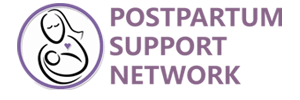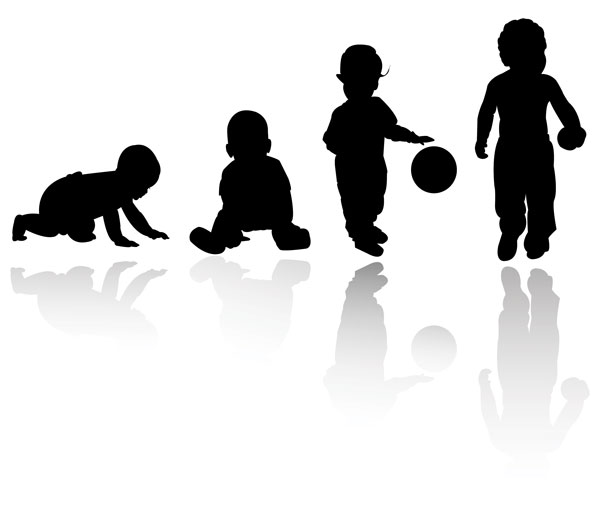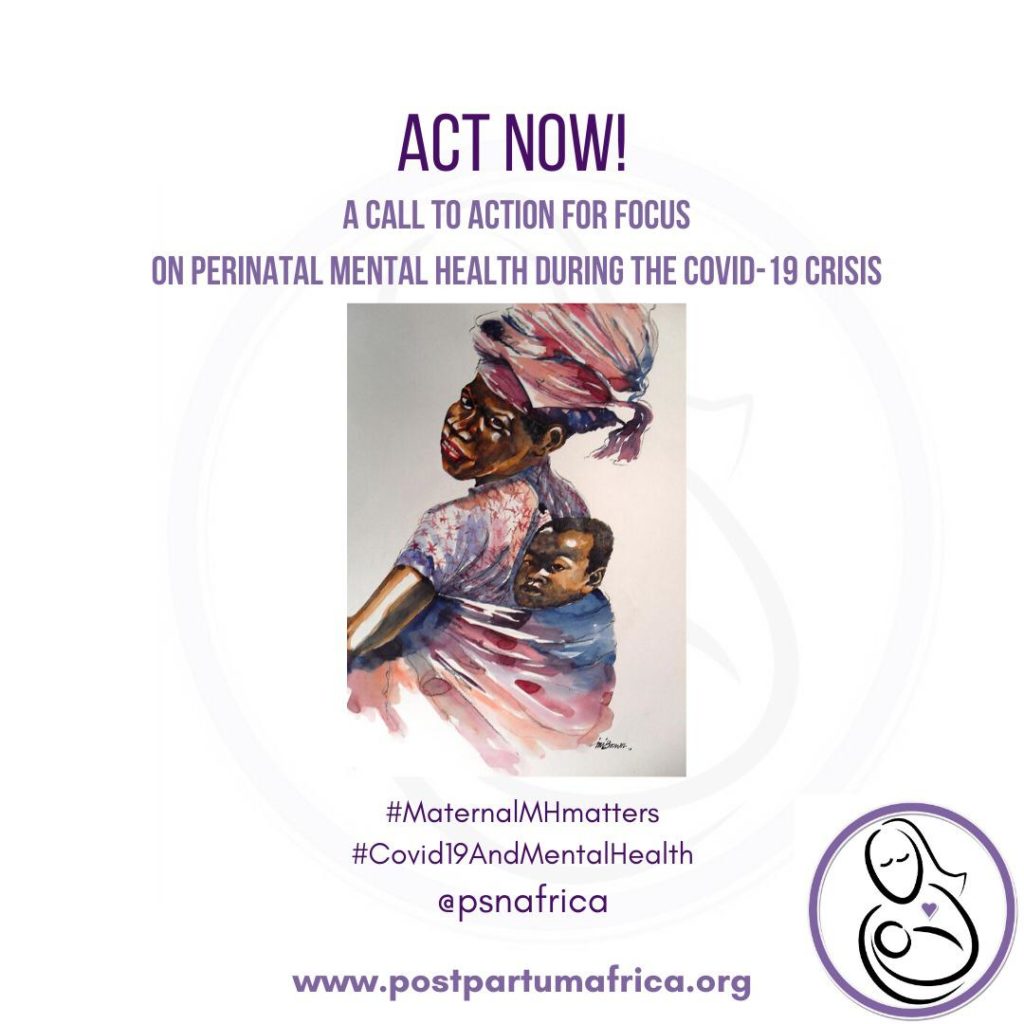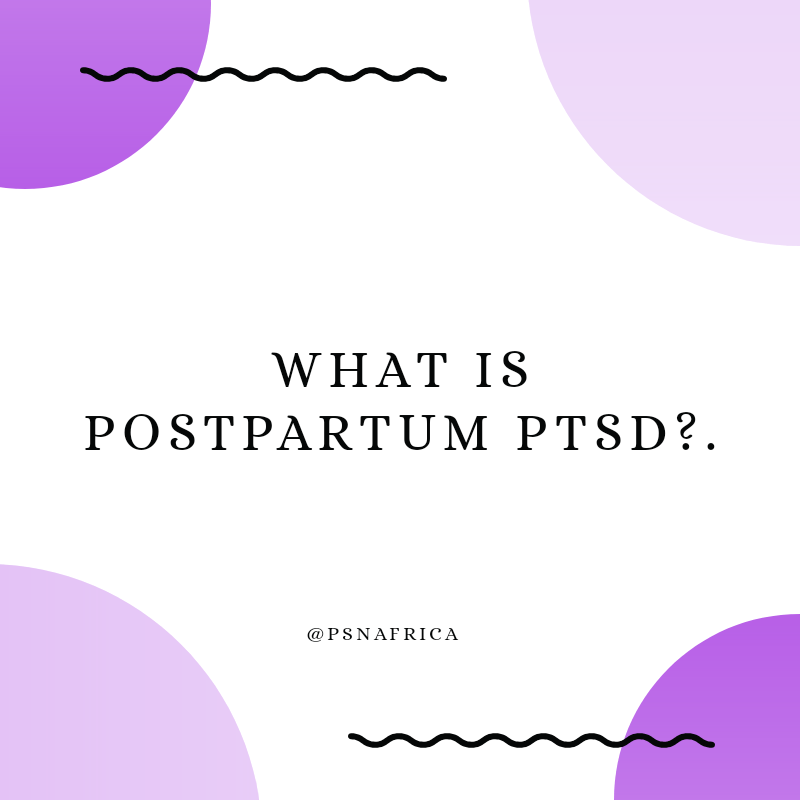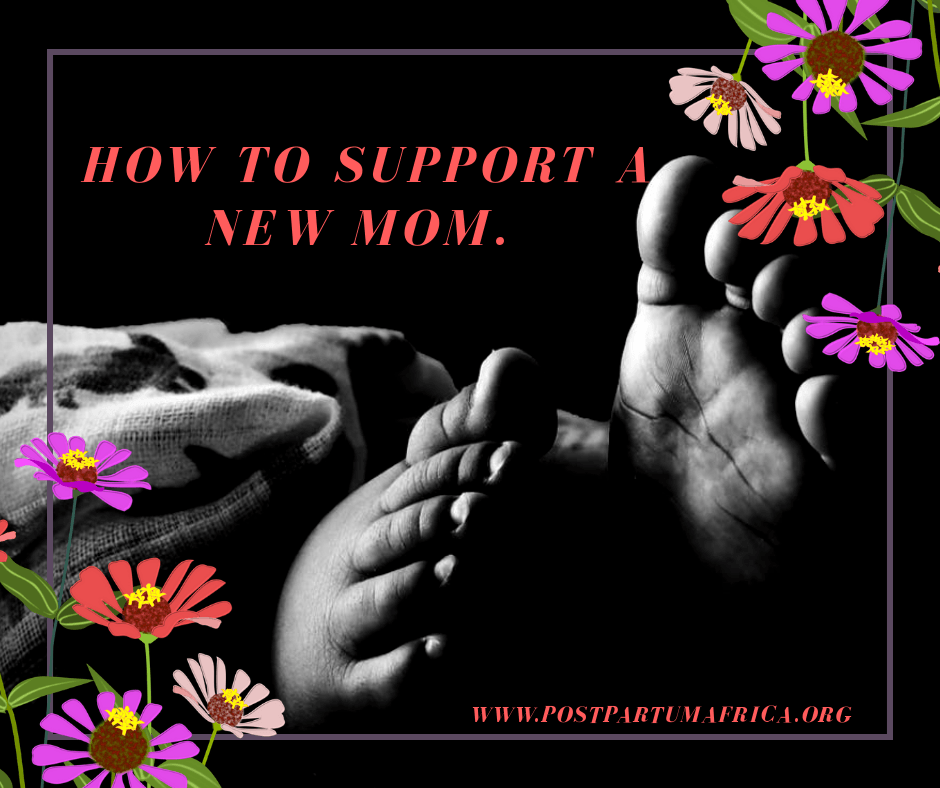[vc_section][vc_row miscellaneous=”true” gaps=”remove-gap” remove_bottom=”remove-bottom”][vc_column width=”1/1″][vc_column_text] It’s interesting how the mind changes. Before I got into clinical class, I always had the notion that Depression as absurd even when I knew it was wrong to think that especially as a health professional.
It’s interesting how the mind changes. Before I got into clinical class, I always had the notion that Depression as absurd even when I knew it was wrong to think that especially as a health professional.
To think Depression is any different from a medical condition like Malaria or Hypertension is more absurd.
Depression according to the Concise medical dictionary is a mood disorder characterized by the pervasive and persistent presence of core (low mood, loss of motivation, energy, interest, enjoyment) and somatic (impaired memory and concentration, loss of appetite and libido, insomnia, early morning wakening-more than 2 hours earlier than normal, physical and mental activity that is either agitated and restless or slow and retarded and a diurnal variation of mood.
OR simply a mental state characterized by excessive sadness. On the other hand, Postpartum depression (PPD) is a complex mix of physical, emotional and behavioral changes that happen in a woman after giving birth.
 Just to be clear, Health according to the World Health Organization (WHO) is a state of complete physical, mental and social wellbeing and not merely the absence of disease or infirmity. Your mental wellbeing is as important as your physical health.
Just to be clear, Health according to the World Health Organization (WHO) is a state of complete physical, mental and social wellbeing and not merely the absence of disease or infirmity. Your mental wellbeing is as important as your physical health.
Let’s take, for example, you got exposed to mosquitoes capable of transmitting malaria, or you keep stagnant water around your house, or you do not use an insecticide-treated mosquito net, you are at a greater risk of coming down with Malaria than someone who wasn’t exposed to any of these risks.
Same goes with Depression; a history of depression in your family, death or loss of a loved one, conflict or disputes with family or friend, past or current physical, sexual or emotional abuse. Even life events such as a new job, loss of employment or income, marriage, divorce, the retirement of having a baby.
In this case of Postpartum Depression- a history of depression prior to becoming pregnant, or during pregnancy, age at the time of pregnancy- the younger you are, the higher the risk, limited social support, living alone, marital conflict.
It’s that simple. You get exposed, your risk increases.
Not all persons exposed to mosquitoes or have stagnant water around their house or sleep without insecticide-treated mosquito net come down with Malaria, it just means they are at a higher risk.
And just as you acknowledge that you need help (Antimalarial) when you begin to feel symptoms such as headache, fever, body weakness, also acknowledge you need help when you start having low mood, loss of interest, impaired concentration. And the good news is that help is available. Treatment options include psychotherapy, anti-anxiety, and anti-depressant medications.
Tips for coping after childbirth include;
- Ask for help – help is just a chat away, a click away. A friend may know a friend that knows about what you are feeling or that has felt something similar. Google is also your friend. Find out what your symptoms mean and confirm with the Doctor. Know that if it’s on Google, it means many other people are also in your shoes.
- Be realistic about your expectations for yourself and baby – there is a desire for women to be good mothers and therefore anything less than perfection can seem like an enormous disappointment. Beliefs such as; I’ll always enjoy parenthood, my life won’t change, I will always feel content and in control, there is something wrong with me if I can’t cope, good mothers don’t have a negative feeling towards their children, all other women are coping well… Unrealistic expectations as these can lead you to blame yourself and be reluctant to seek help. Shun the thought that makes you feel inadequate, rather realize it takes time to adjust to motherhood.
- Exercise – exercise has been shown to reduce symptoms of Postpartum Depression. It gets your endorphin going, a neurohormone which helps to alleviate depression symptoms. Exercise does help to boost your mood, give you energy and make you feel better physically and emotionally. Take a walk, get out of the house for a break. Light exercise such as walking around the house with the baby [in the] stroller can be beneficial.
- Expect some good days and some bad days because life is full of these days. Enjoy life as it comes and makes use of every opportunity to be happy. Remember, happiness is a choice and a choice you can make.
- Follow a sensible diet; ensure you eat well and eat healthily, avoid alcohol and caffeine.
- Foster the relationship with your partner – your relationship with your partner is vital for your well-being. Husbands are encouraged to spend time with their spouses or speak their respective love languages and mothers likewise as fathers have been found to suffer from PPD.
- Keep in touch with family and friends. Do not isolate yourself. You could go to a friend’s birthday party or house warming. Seminars, conferences, and workshops are also not a bad idea.
- Sleep or rest when your baby sleeps or when looked after by someone else. This is your best shot.
- Talk to a confidant when need be. A friend, a sister, a colleague. You realize your heart feels lighter after having a meaningful and heartfelt conversation with someone.
- Do something you enjoy doing like seeing a movie, reading a book, dancing, etc. This is a way to live life while living it well.
[/vc_column_text][/vc_column][/vc_row][/vc_section]
